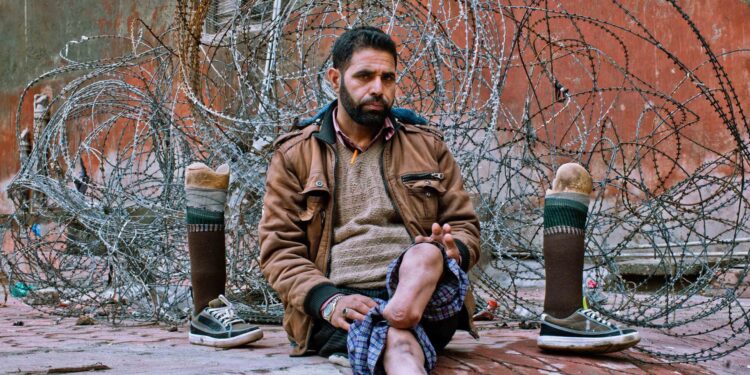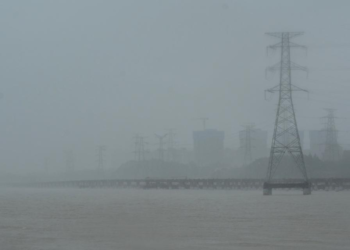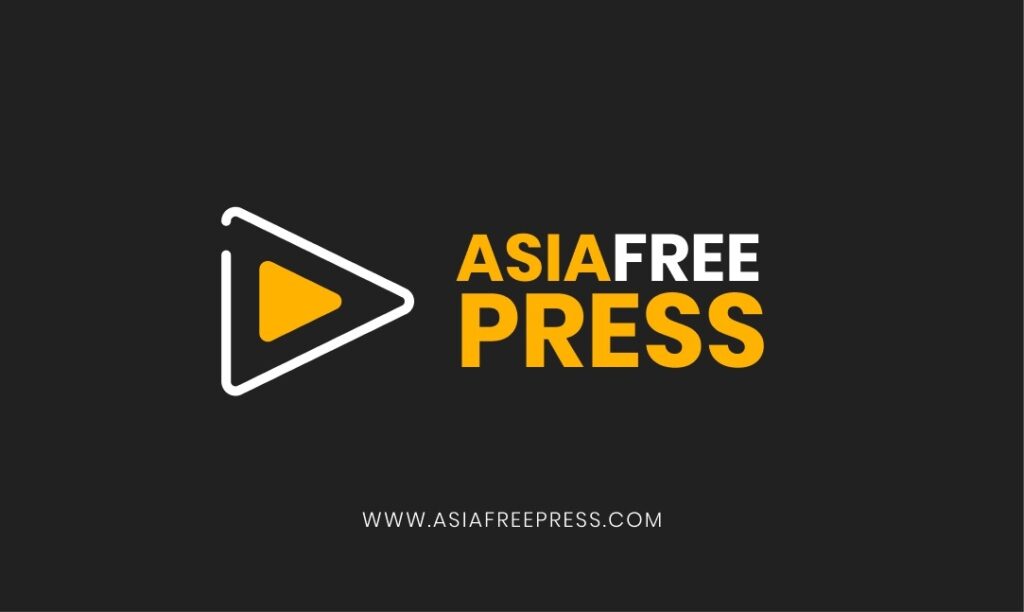UNITED NATIONS, Oct 13 (Asia Free Press): Pakistani UN delegate Saima Saleem today informed UN human rights experts about the involvement of the Indian occupying forces in torture and ill-treatment of the civilian population of Indian occupied Jammu & Kashmir.
The UNGA third committee, which deals with social, cultural and humanitarian issues, held an interactive dialogue session. The Pakistani delegate briefed Nils Melzer, Special Rapporteur on Torture, on how the Indian occupying forces could be held accountable for the breach of the prohibition of torture.
She questioned the Special Rapporteur whether an international commission of inquiry, proposed by the UN High Commissioner for Human Rights for Jammu and Kashmir, could help end the culture of Impunity to prevent endemic torture.
“Systematic denial, obfuscation, deliberate obstruction, and purposeful evasion of accountability of Indian occupying forces in UN-recognized Disputed Jammu Kashmir, has resulted in the widespread use of torture on civilian Population including, women, and children,” she said.
“The occupying forces, who are perpetrating torture, indulge in all three patterns of denial identified by the Special Rapporteur, i.e., denial of facts, responsibility, and wrongfulness, she added.
In response, Melzer said that human rights experts could not answer that question; instead, the “Security Council should deal with this.” he replied
Ms Saleem, a visually impaired delegate from Pakistan, pointed out that almost 162,000 Kashmiris have been subjected to inhuman torture by occupying forces which include stripping naked, beatings with wooden sticks and iron rods, heavy roller treatment, water-boarding, electrocution, hanging from the ceiling, dunking detainees’ head in water mixed with chilli powder, burning of the body with iron rods, solitary confinement, sleep deprivation, sexualized torture including rape and sodomy.
Torture is used as an instrument of Indian state policy in Jammu and Kashmir, the Pakistani delegate said, the Office of the High Commission for Human Rights (OHCHR) in their two comprehensive reports in 2018 & 2019 also enunciated that, “India is obliged to ensure that no person is ‘subjected to torture or cruel, inhuman or degrading treatment or punishment’. There have long been persistent claims of torture by security forces in Kashmir”.
In the past 32 years of conflict, Kashmir has witnessed many custodial deaths due to torture. WikiLeaks confirmed that torture is rampant in the Indian administered Jammu and Kashmir and is commonly used against civilians. The various forms of torture enumerated in WikiLeaks include rollers, electric shocks, sexual abuse, beating, suspension from the ceiling, crushing of muscles and other forms of physical assaults.
The US embassy cables leaked are based on information gathered by the International Committee of Red Cross through interviews of 1296 detainees. Of these, 65% reported ill-treatment, 52.54% complained about being subjected to torture, 38.42% had been suspended from the ceiling, 23.3% were subjected to sexual assault, and 22.68% has suffered from crushing of muscles during torture. All these interviews were conducted in different jails. However, detention centres other than jails did not remain open to the delegations of the Red Cross.
American Anthropologist who visited Kashmir in 2016 said, “Torture is practiced as a means of extracting information or confession or for punishing the person who is believed to be a supporter of the pro-freedom movement. The methods used are brutal, which physically and psychologically impair the victim’s health. The concept of modern policing is still a hallucination in Kashmir, where police are expected to function as a tool for social control rather than serve society. The increasing incident of torture and death in custody has assumed such alarming proposition that it undermines the rule of law and the administration of the criminal justice system.”
Nasir Qadri, a human rights defender from Indian occupied Kashmir, said, “Even though India has wilfully stayed away from ratifying convention against torture, still they are a party to the international covenant for civil and political rights (ICCPR) which prohibits the torture against the civilian population.”
Association of Parents of Disappeared Persons (APDP) and the Jammu Kashmir Coalition of Civil Society (JKCCS) in May 2019 released a comprehensive report on Torture in Jammu and Kashmir titled Torture: Indian State’s Instrument of Control in Indian Administered Jammu and Kashmir. The report focuses on the torture perpetrated in Jammu and Kashmir by the Indian State since 1990 and provides a contextual understanding of various phases of torture being perpetrated in Jammu and Kashmir since 1947.
This report establishes that the vast number of torture methods and other cruel, inhuman and degrading treatment or punishment, as set out in the UN OHCHR Istanbul Protocol, have been and continue to be perpetrated in Jammu and Kashmir. The forms of torture that have been documented in the report include stripping the detainees naked (190 out of 432 cases studied for this report), beating with sticks, iron rods or leather belts (326 cases), roller treatment (169 cases), water-boarding (24 cases), dunking detainees’ head in water (101 cases), electrocution including in genitals (231 cases), hanging from the ceiling, mostly upside down (121 cases), burning of the body with hot objects (35 cases), solitary confinement (11 cases), sleep deprivation (21 cases), sexual torture (238 cases) including rape and sodomy, among others.




















